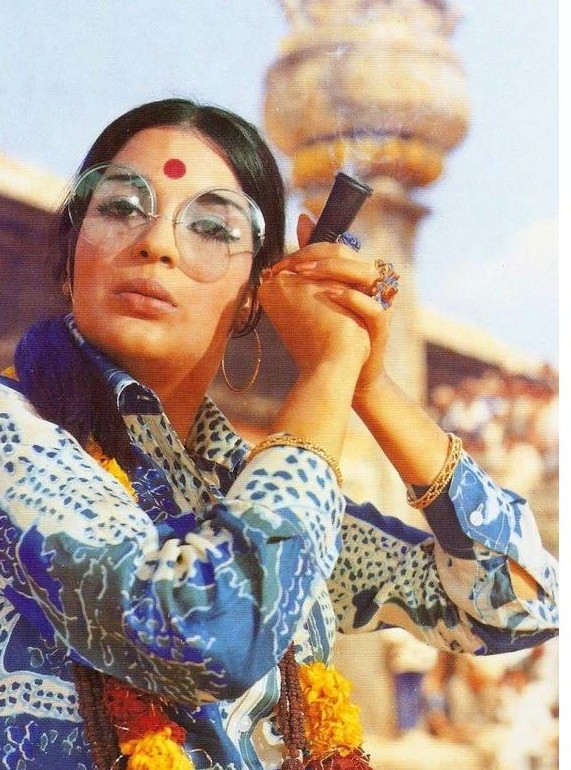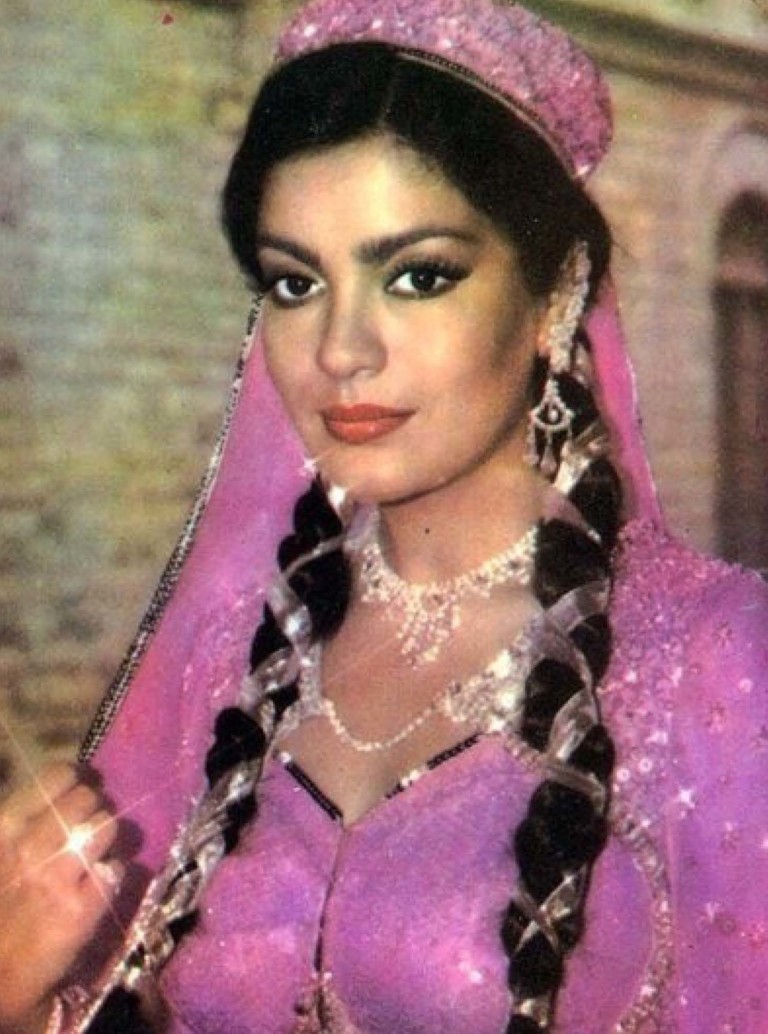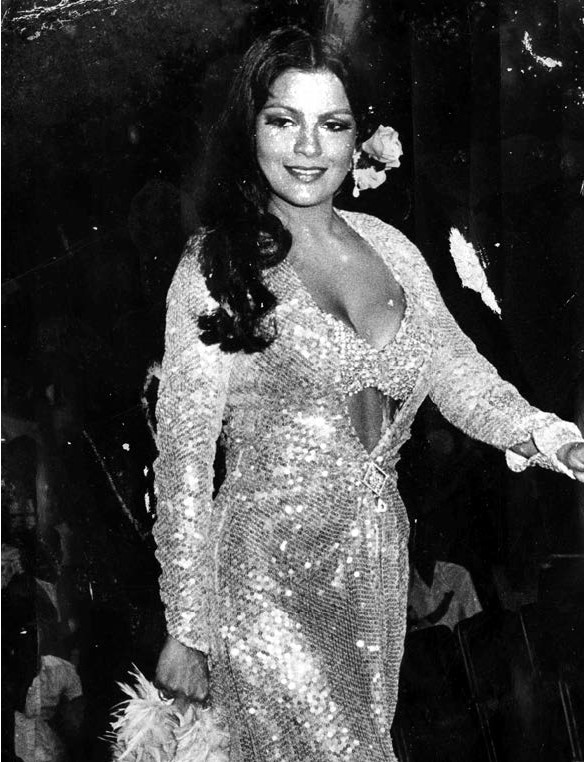 It’s 1971, and a smoke-filled set overflows with hippies tapping tabla drums, eyes glazed over and glued to Zeenat Aman, who bursts into a groovy rendition of a Hare Krishna chant, dancing with no one but herself, and suddenly, it’s easy to see how she turned India on its head with one jerk of her hips. Bollywood knew what to do with its damsels, but not with an independent woman like Aman, who preferred to accessorize with a mini-skirt and a pistol rather than the arms of a lover.
It’s 1971, and a smoke-filled set overflows with hippies tapping tabla drums, eyes glazed over and glued to Zeenat Aman, who bursts into a groovy rendition of a Hare Krishna chant, dancing with no one but herself, and suddenly, it’s easy to see how she turned India on its head with one jerk of her hips. Bollywood knew what to do with its damsels, but not with an independent woman like Aman, who preferred to accessorize with a mini-skirt and a pistol rather than the arms of a lover.
“I joined Hindi cinema when it was very well defined,” the star told South China Morning Post. “Either you were a leading lady, you know, [a] Madonna [figure], or you were the vamp.”

Originally from Mumbai, Aman went to Los Angeles for her undergraduate studies, but ended up leaving to become a journalist for the Indian magazine Femina. She had, as Bollywood specialist Ajay Gehlawat writes in The 1970s and Its Legacies in India’s Cinemas, a very “cosmopolitan” air that set her apart when she decided to start entering pageants, even winning Miss Asia Pacific in 1970. It was at that time her modeling career also took off.
The more her portfolio developed, the more she made it clear that she’d have no problem stepping breaking into new territory. “Along with ‘redefin[ing] the rules of a screen heroine’s identity’,” wrote Gehlawat, Aman also created a portfolio of ‘grey characters’” throughout her career. Films like Hare Rama Hare Krishna (1971) were truly revolutionary, as India had never seen such a freewheeling screen siren:
Years later, Satyam Shivam Sundaram (1978) saw her become a woman who puts her husband’s privilege in check, while Don (1978) transformed her into a James Bond heroine, and in Insaaf Ka Tarazu (1980) told the story of a rape survivor seeking justice. She was a pretty face, without a doubt, but she also told the unsung stories of so many women who could relate to her.
And, of course, lest we forget the fashions she ushered in.
When asked by Business Standard in 2016 if she’d return to the screen, she said, “I will do another film now only when it’s something worth my while.” Spoken like a true queen.
Courtesy South China Morning Post







